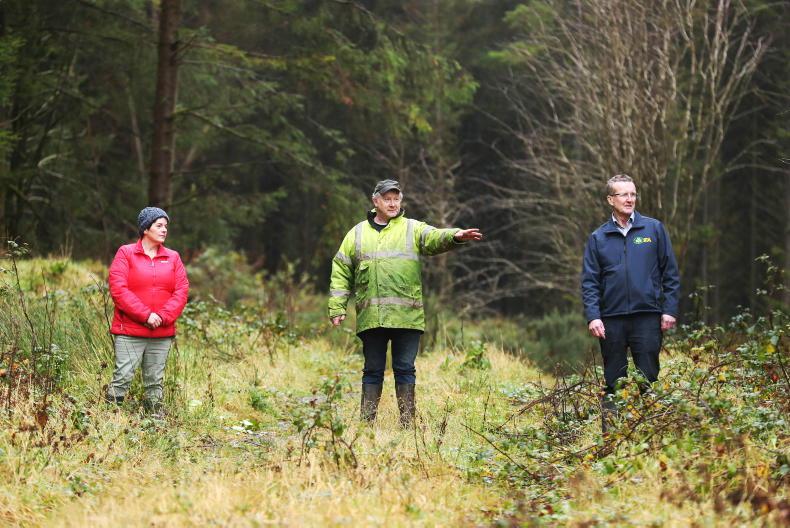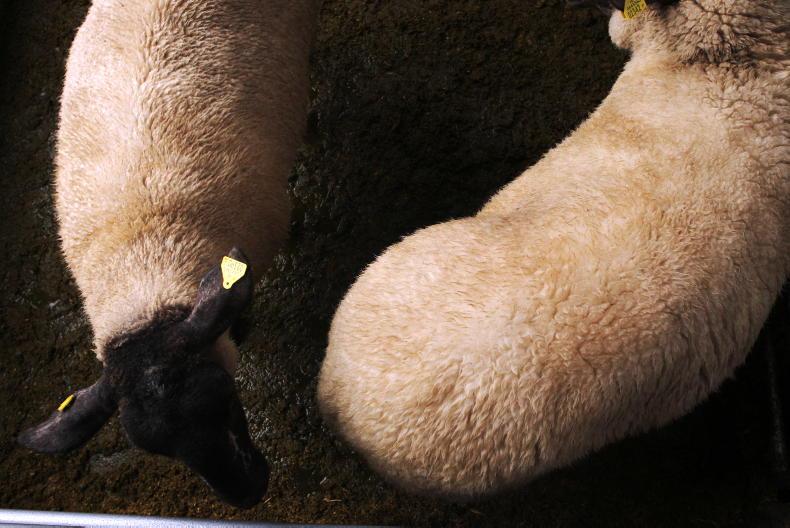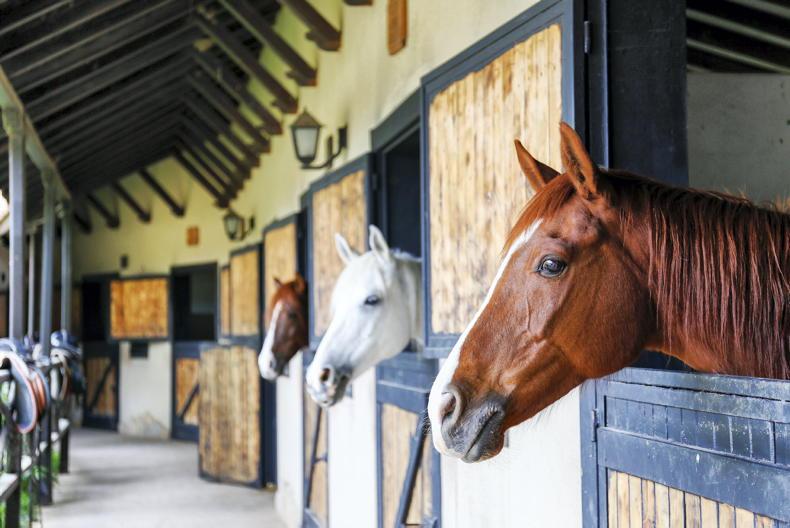IFA president Tim Cullinan has said that while the application for PGI status for Irish beef was welcome, it must deliver a price premium for farmers. Cullinan said: “It is farmers who have created this brand through our grass-fed animals and it is farmers who must see the return.”
This application was agreed following intensive discussions between the IFA, the Minister for Agriculture and the Department of Agriculture. The process delivered significant changes and a more farmer-centred brand, with a key aspect being a farmer-controlled monitoring group overseeing the brand.
He said a fundamental aspect of the agreement for the PGI application is the development of a farmer-controlled suckler brand, with a budget of €6m, that will recognise the additional value in beef from suckler farms. “The Department and Bord Bia must now move immediately to develop the suckler beef brand, to go alongside the PGI application, as agreed with the IFA,” he said.
In addition, changes secured by the IFA from the original draft included the removal of references to travel times and flexibilities on the 220 days at grass. The assessments for the meat and fat colour will only be part of the standard Bord Bia audit at factories, and will not affect the price paid to farmers for their grass-fed product.
A letter requesting the European Commission to include young bulls, if they meet the grass-fed criteria, and the issue of NI, will also accompany the application.
IFA livestock chair Brendan Golden said: “This is a good outcome. The PGI will give us a chance to promote the world-renowned qualities of Irish beef, while working on a brand for beef from suckler farms that promotes the quality, environmental and socio-economic benefits of this production system,” he said.
“We look forward to developing these brands to get increased returns for beef and suckler farmers,” he said.
Think twice before getting a dog for Christmas
IFA sheep chair Sean Dennehy said people who are considering a dog for Christmas should think carefully about the decision.
“The biggest problem with dog attacks on sheep is the absence of responsibility among some dog owners. Anybody looking into a household pet should ask themselves if they are prepared to devote the time that’s needed to give a dog proper exercise under strict control,” he said.
Dennehy was part of an IFA delegation that met Minister of State for Heritage and Electoral Reform Malcolm Noonan recently, at which the issue of dog attacks on sheep was raised.
“We raised the enforcement of existing regulations on dog control, including microchipping. Minister Noonan agreed to initiate engagements with the relevant agencies with a view to strengthening controls for dog ownership and better enforcement of existing obligations on owners,” he said.
Dennehy said dog attacks remain a significant problem and can lead to devastation for the farmers whose sheep suffer an attack.
“Unfortunately, I am taking calls on a frequent basis from sheep farmers around the country who have suffered attacks. There are far too many dog owners not taking the responsibility that goes with owning a pet. Dog owners have an obligation to have their dog under control at all times.”
The IFA sheep chair warned dog owners who do not have their dog under control at all times must realise they could be held responsible for such attacks, with serious financial and legal consequences.
Dennehy said there must be better enforcement of existing legislation around dog ownership, more stringent fines for dog attacks, increased funding for the dog warden service and a single database for microchipped dogs. All farm animals are fully traceable and so should dogs.










SHARING OPTIONS